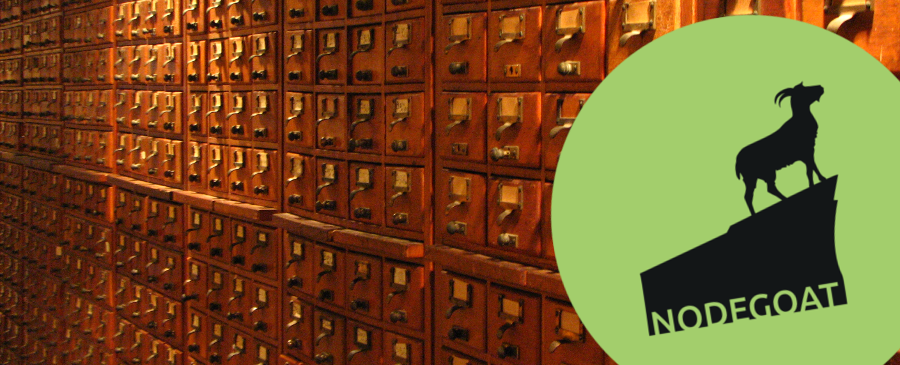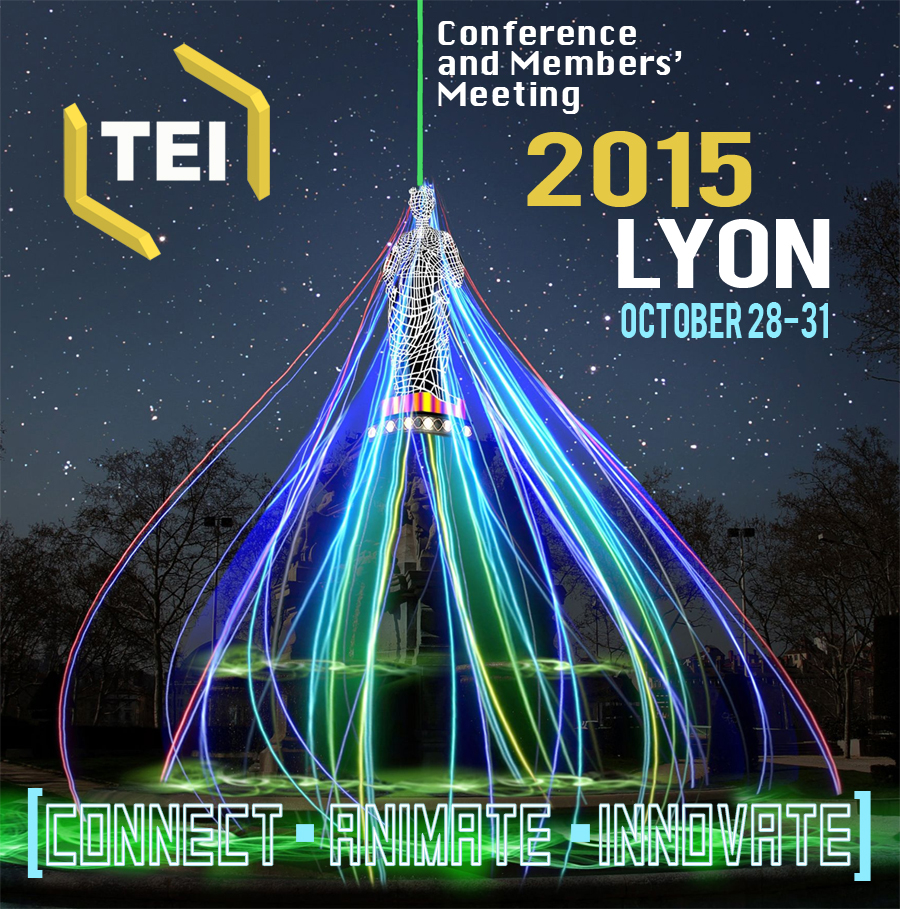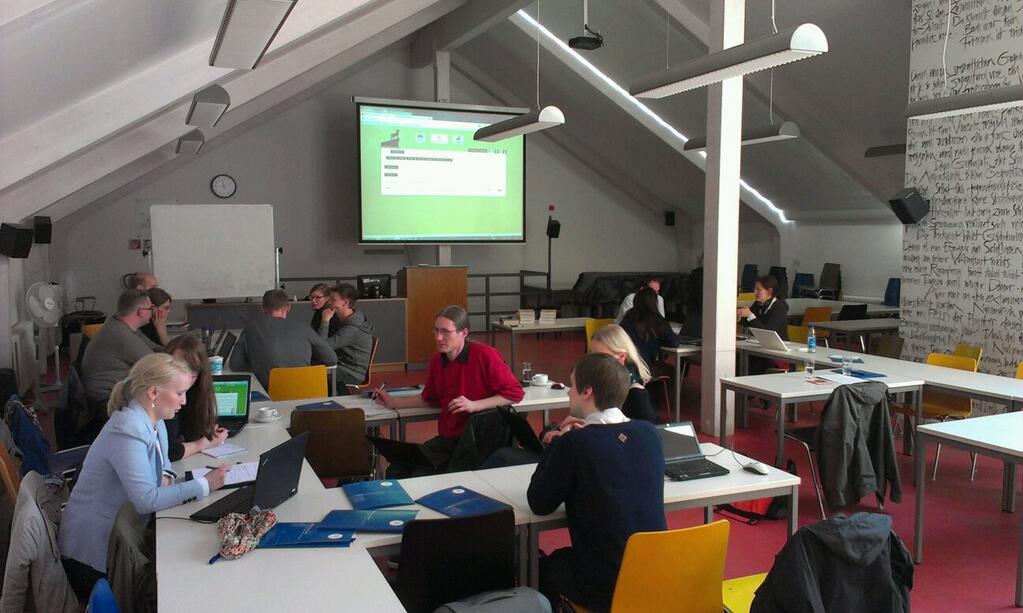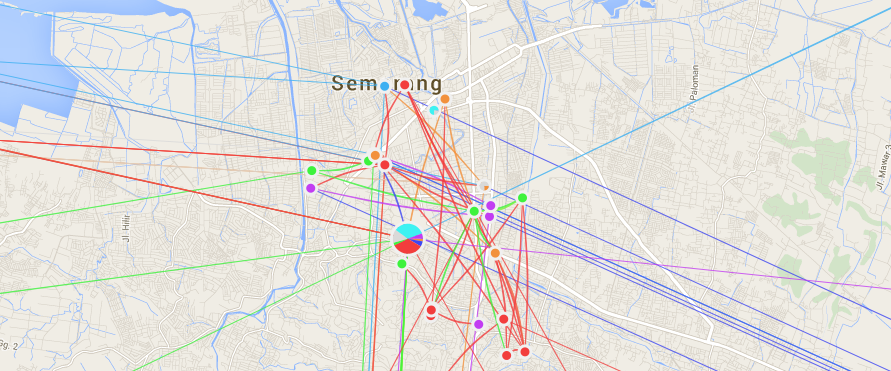Upcoming nodegoat workshops in Ghent & Washington D.C. (and more)
CORE Admin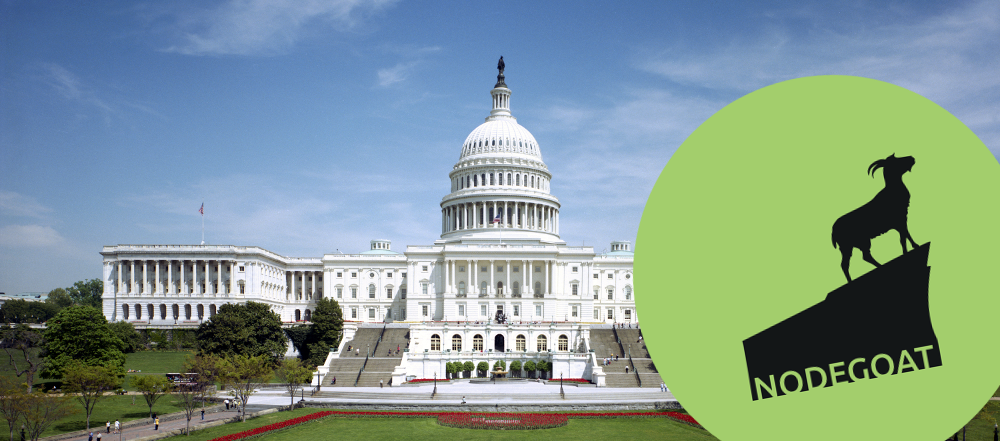
Next week there will be a nodegoat workshop at the 'DARIAH-EU Annual Meeting' in Gent. This event will take place on 10-13 October. The nodegoat workshop will be on Tuesday 11 October from 14:00 to 15:30. You can find the full program here.
There will also be a nodegoat workshop at the conference 'Creating Spatial Historical Knowledge. New Approaches, Opportunities and Epistemological Implications of Mapping History Digitally'. This conference is organised by the German Historical Institute in Washington DC. The conference takes place on 20-22 October. The nodegoat workshop will be on Thursday 20 October from 14.15 to 16.00. This workshop requires individual registration. The full program of the conference can be found here.
We have proposed a session at the THATCamp Amsterdam on Linked Data challenges. Together with Ingeborg van Vugt we plan to discuss the benefits and difficulties of Linked Data in the humanities.
After a stimulating Virtual Heritage Network conference last year in Maynooth, we look forward to this year's conference in Cork. The conference will take place on 8-10 December.[....]
